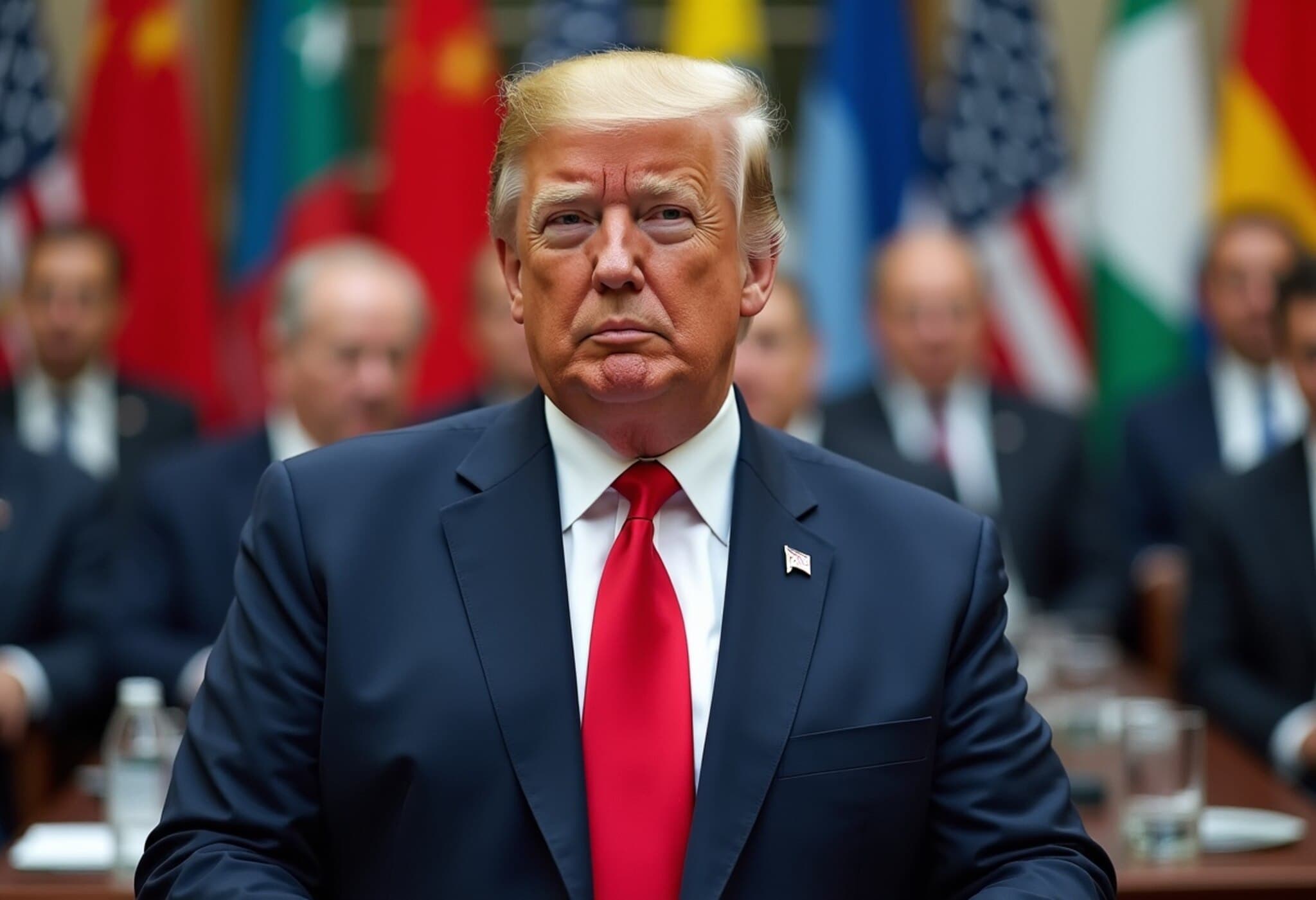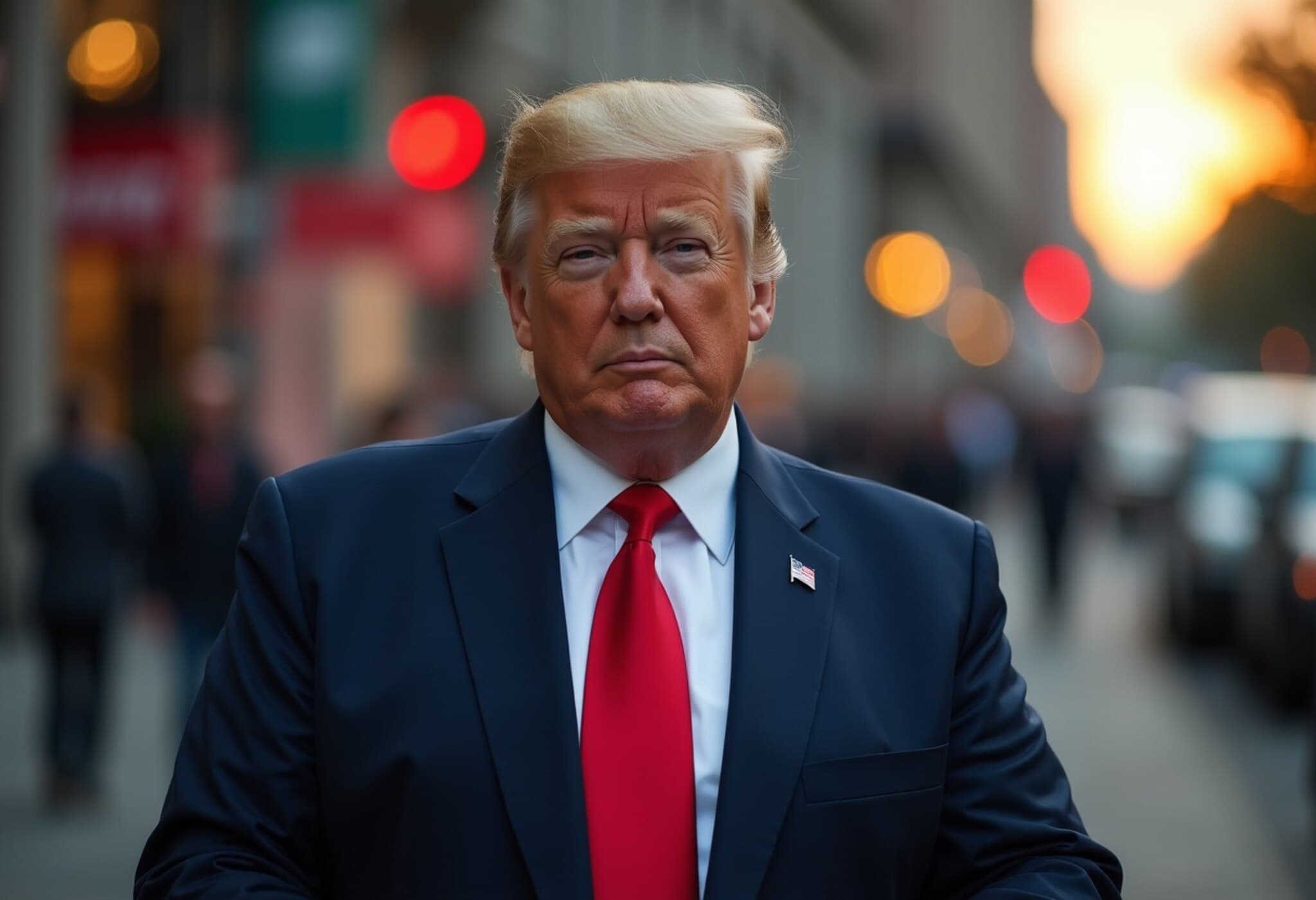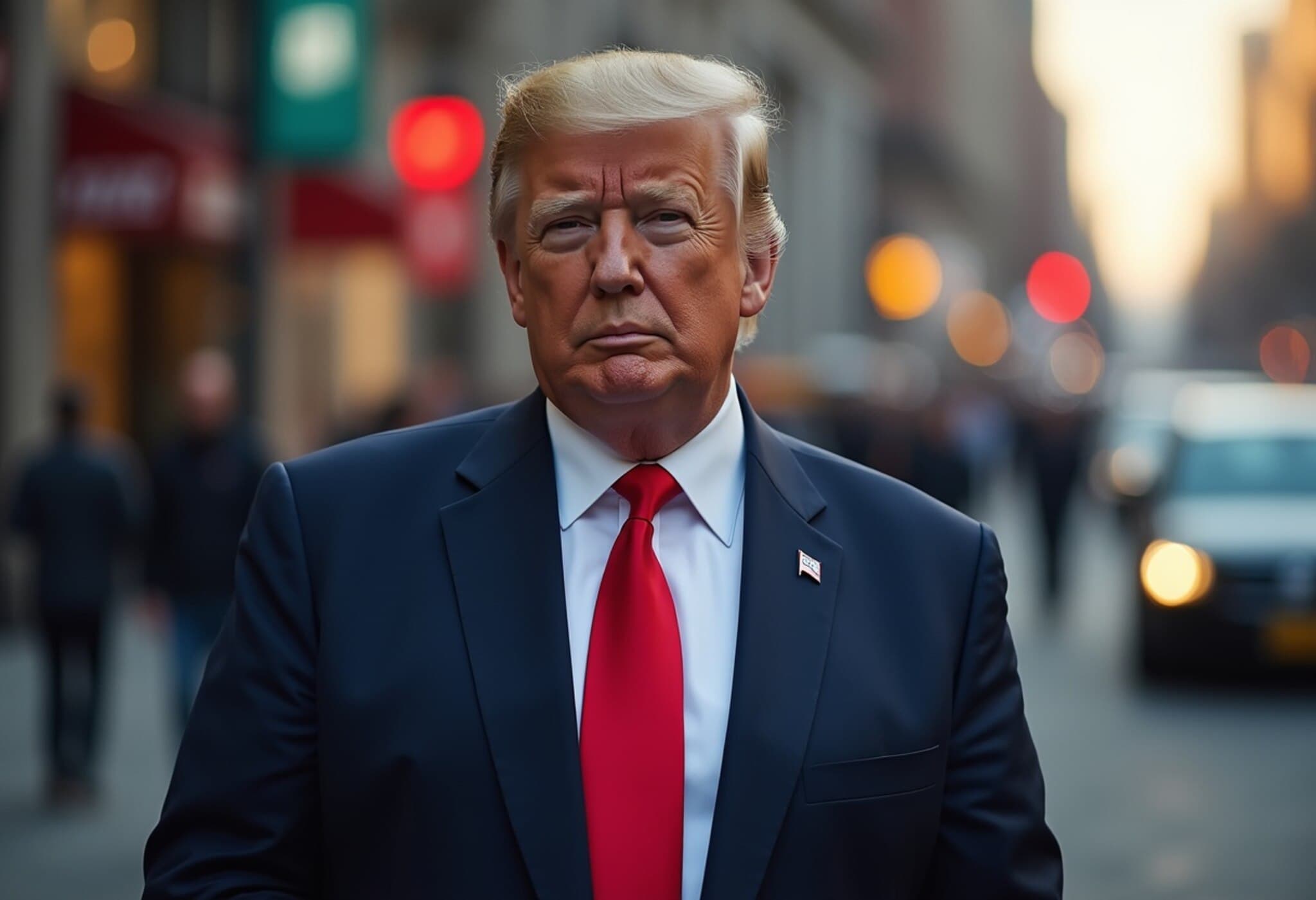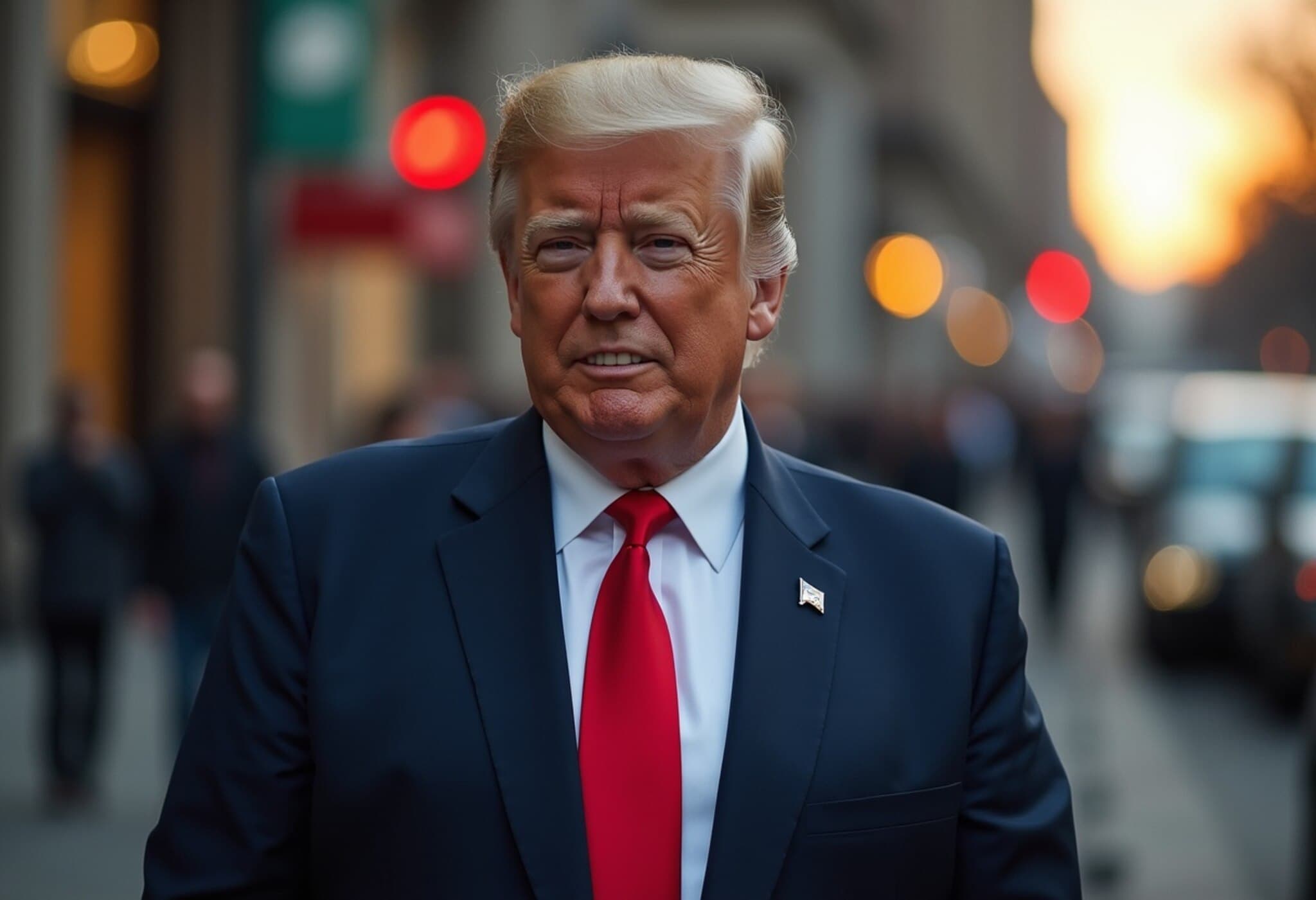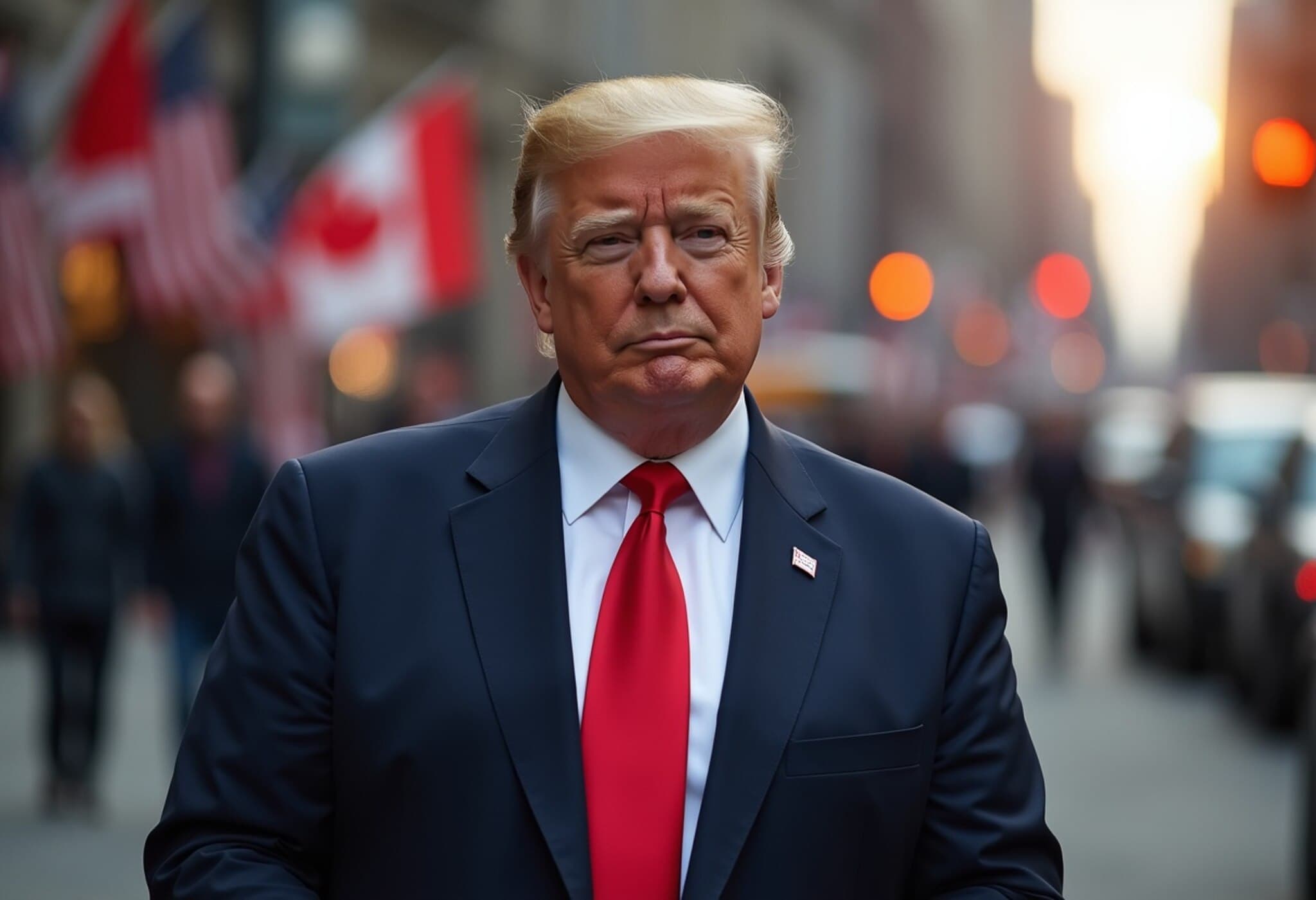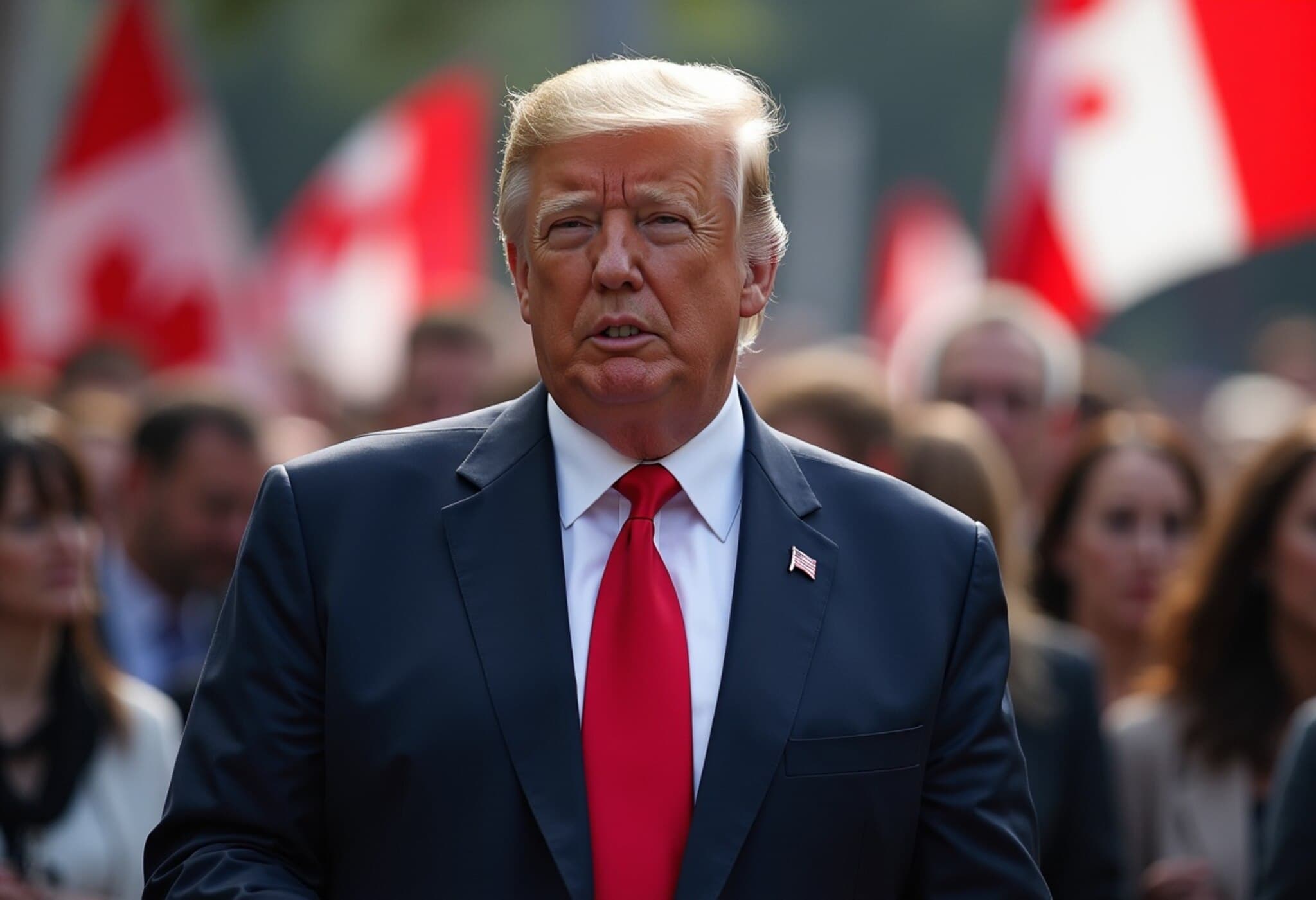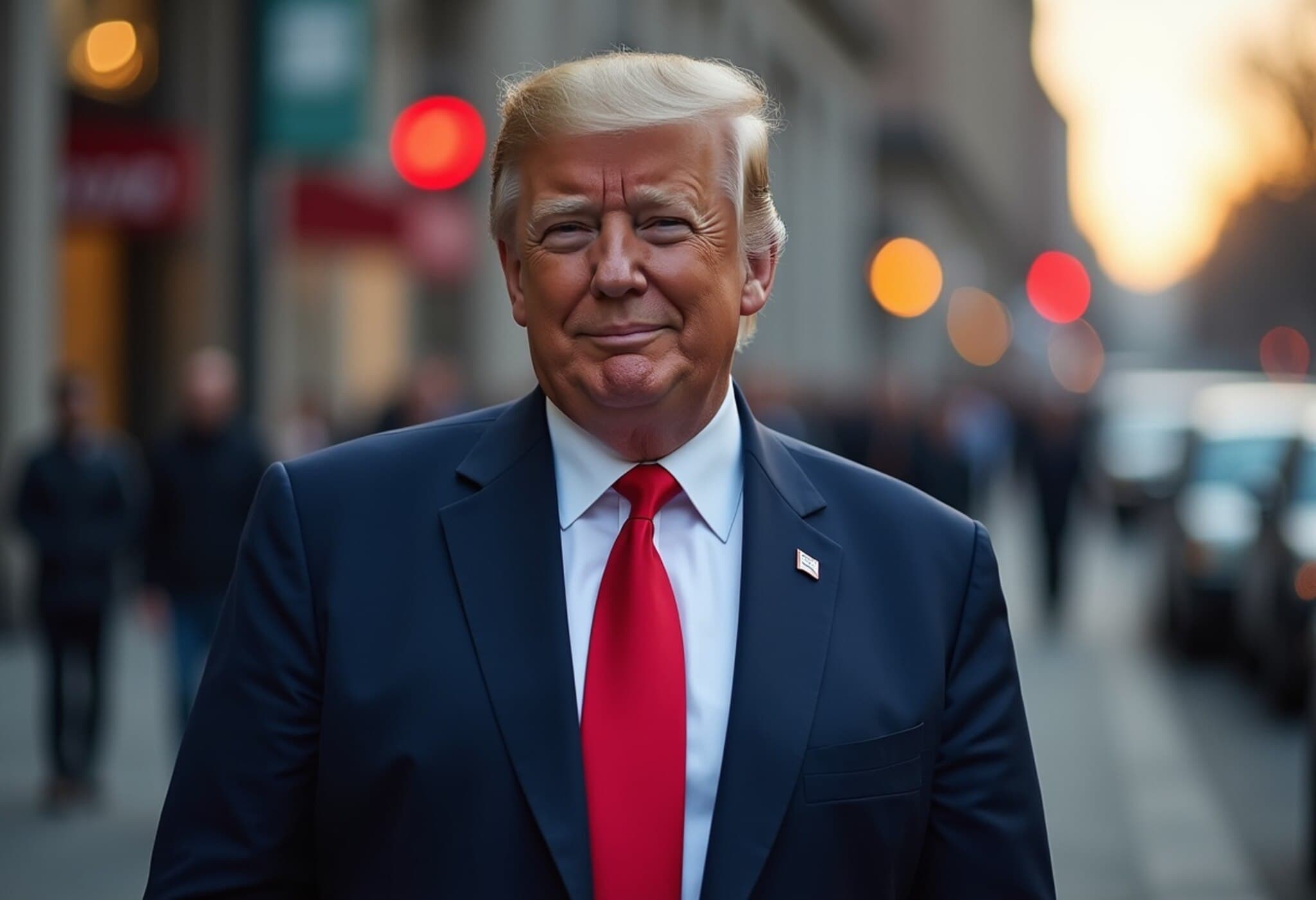Swiss Industry Reels as US Imposes Steep 39% Tariffs
In a stunning move that has sent shockwaves through Swiss commerce, the U.S. government under former President Donald Trump has imposed a hefty 39% tariff on Swiss exports, catching luxury watchmakers, chocolate producers, and cheese suppliers off guard. For a country synonymous with precision and quality, the repercussions of this decision could be severe, driving up costs for American consumers and potentially reshaping international trade dynamics.
Luxury Goods Take the Hardest Hit
Switzerland's world-renowned luxury watch industry, home to brands like Rolex, Patek Philippe, and Vacheron Constantin, has been dealt a particularly harsh blow. These famed watchmakers were already contending with a slowdown in US sales due to earlier trade disputes, but the new tariff hikes threaten to escalate retail prices in America by nearly 40%, pushing consumers towards alternative markets or overseas purchases.
A Rolex 1908 platinum women's watch, for instance, is currently priced at about £26,800 (approximately $55,000) in London, which may start to look more attractive than paying inflated prices stateside — a shift that could disrupt established luxury purchasing behaviors.
Why Switzerland? An Inexplicable Target
The move has left Swiss business leaders and industry groups baffled. Chocosuisse, representing Swiss chocolate makers, described the tariff decision as “incomprehensible,” pointing out that Switzerland operates on a trade surplus and typically maintains lower tariff rates than the U.S. Furthermore, they note that reciprocity—imposing tariffs based on mutual trade restrictions—is not applicable here.
Unlike Switzerland, neighboring European nations such as Germany, France, and Italy face a more moderate 15% tariff under US trade policy. This uneven treatment threatens to hamper Swiss exports unfairly and distort competition within European suppliers.
Economic Ripples and Trade Surpluses
Switzerland boasts a significant trade surplus with the U.S., exporting far more than it imports—an economic situation that has often drawn the ire of protectionist policies like those championed by Trump. Official data cited by the Swiss Broadcasting Corporation revealed a sharp 39.6% drop in Swiss exports to the U.S. in May 2025, highlighting the tangible impact of pre-announcements and now, these new tariffs.
Swiss President Karin Keller-Sutter expressed surprise at the escalation, given ongoing negotiations with the U.S. government. She acknowledged the 39% figure was unexpected and underscored that Switzerland is actively seeking solutions to mitigate economic harm.
Companies Seek Ways Around New Barriers
Swiss multinational firms are exploring strategies to counteract these tariffs. For example, Lindt & Sprüngli may alleviate some pressure as it produces chocolates in U.S. facilities, such as its New Hampshire plant, enabling tariff-free access for those products. Nevertheless, with 7% of Swiss chocolate exports destined for America, the industry overall faces a tough road ahead.
Broader Implications for Trade Policy and Consumer Behavior
The tariffs could inadvertently encourage wealthy American consumers to shop abroad, given significant price differences catalyzed by import duties. This phenomenon isn’t just a minor inconvenience; it could fundamentally alter luxury consumption patterns.
Experts like Rob Corder of WatchPro have characterized the tariff as a “body blow” to Swiss watchmakers, warning that the resultant market distortions may persist long-term. These trade tensions underscore the fragility of international supply chains and the risks of policy unpredictability.
Looking Ahead: What This Means for US-Swiss Relations
This tariff escalation comes amid a complex geopolitical landscape, where economic nationalism often runs afoul of global cooperation. While the immediate effect hurts Swiss exporters, it also raises broader questions for American consumers and policymakers regarding the balance between protecting domestic industries and maintaining robust foreign trade partnerships.
Key Points:
- 39% tariff imposed by the U.S. on Swiss exports, highest among European countries.
- Luxury sectors, including watches and chocolate, are most affected.
- Swiss exports to the U.S. dropped nearly 40% following earlier trade tensions.
- Tensions highlight growing challenges in U.S. trade policy and global market dynamics.
- Swiss President calls for a solution amid uncertainty and economic risk.
Editor’s Note
This unexpected tariff hike on Swiss goods by the United States reveals the delicate interplay between trade policy, national interests, and global commerce. While designed to protect American industries, such measures risk alienating valuable trading partners and disrupting established markets. The Swiss tariff saga also invites a wider conversation around the effectiveness and consequences of aggressive trade policies in an increasingly interconnected world economy. Readers are encouraged to consider the long-term implications: Will consumers pay more? Will companies relocate production? And how might this influence future U.S.-European trade negotiations?



